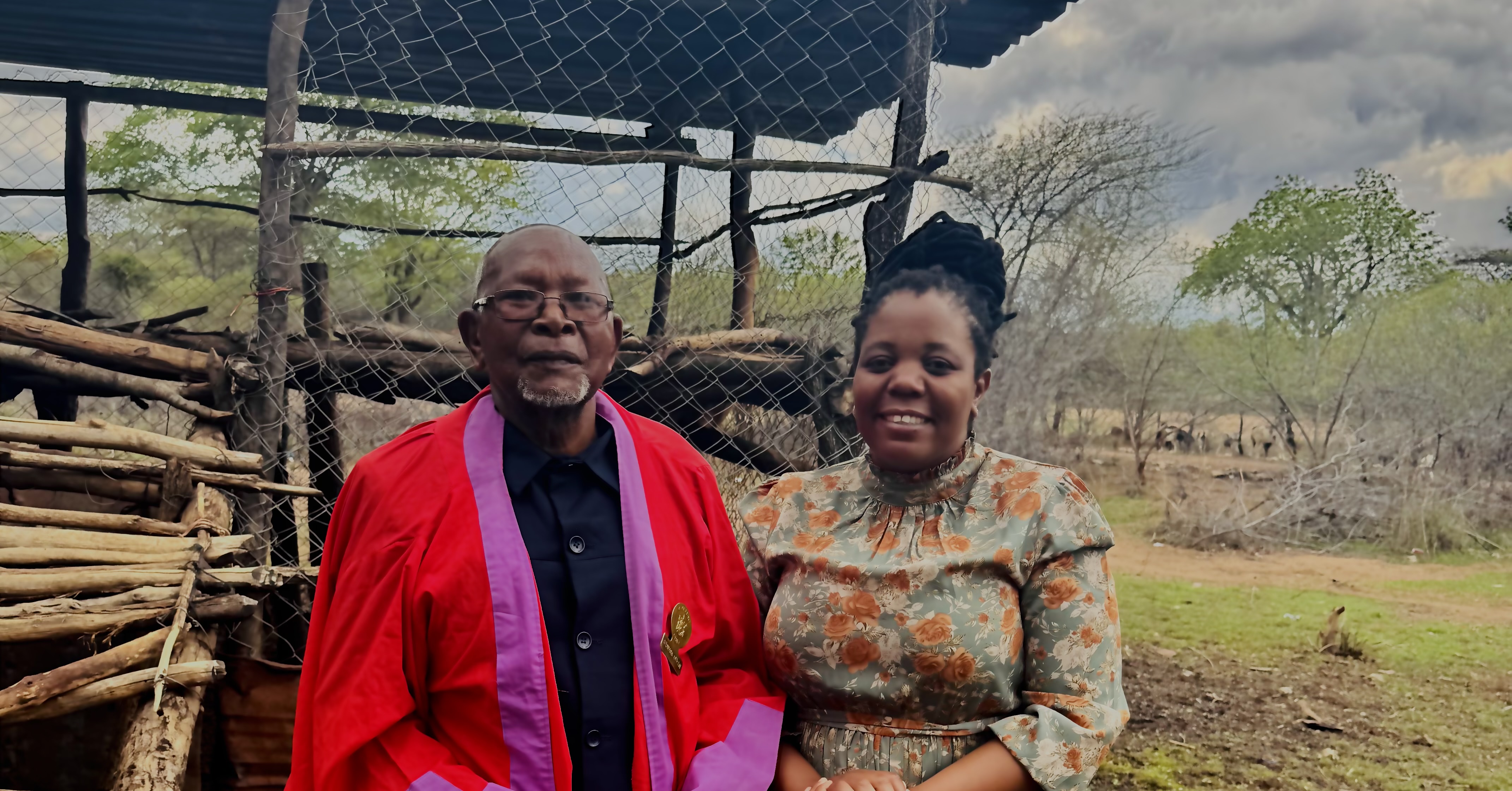BY NOKUTHABA DLAMINI
The Greater Whange Residents Trust has presented a petition to the Parliament of Zimbabwe, drawing attention to the health risks associated with coal mining in Hwange.
The trust, which advocates for the welfare and interests of people in Hwange, highlights the need for urgent action to protect residents from the harmful effects of coal dust pollution.
According to the trust, the Pneumonoconiosis Act (Chapter 15:08), which was enacted to protect workers in dusty occupations, does not provide adequate protection for ordinary residents who are also affected by coal dust pollution.
The trust argues that the Act is “exclusionary” and was not designed to benefit ordinary residents, who are not eligible for regular medical checks to determine the impact of coal dust on their health.
Below is the full petition that was submitted to Parliament:
DRAW the attention of the House to the following:
1. The Constitution mandates the Parliament of Zimbabwe to make laws, carry out executive oversight and discharge a representative role, as well as protect the Constitution and democratic governance in Zimbabwe.
2. Section 117(2) of the Constitution, inter alia, mandates Parliament to make laws for the peace, order and good governance of Zimbabwe.
3. Section 8 of the Constitution sets out the objectives to guide all institutions and agencies of the State in the formulation and implementation of policies that will lead to the establishment, enhancement and promotion of a sustainable, just, free and democratic society in which people enjoy prosperous, happy and fulfilling lives.
4. Greater Whange Residents Trust is a Hwange-basedTrust which advocates for the welfare and interests of people in Hwange.
5. The town of Hwange is home to over 50 000 residents. These include men, women and children that are not employed as miners.
6. Coal mining is a key industry in that town and impacts on both the residents and the environment of Hwange town and beyond. Hwange is also surrounded by land which falls under the National Parks.
7. The Pneumonoconiosis Act (Chapter 15:08) came into operation on 1 August 1971. The Act remains in force. The long title of the Act gives as its objects the following: An Act to provide for the control and administration of persons employed in dusty occupations; and to provide for matters incidental to or connected with the foregoing. (emphasis added).
8. The Act was designed to respond to health issues affecting those employed in dusty occupations. Naturally,it is ill-equipped to respond to issues of stakeholders beyond this categorisation as stated by the lawmaker.
9. Mining in Hwange consists of both open cast and underground mining operations. Coal mining creates dust and dusty conditions that affect not just those employed by the coal mines. It affects communities that live on and around the mines.
10. Section 56 of the Constitution provides that all persons are equal before the law and have a right to equal protection and benefit of the law.
11. Your petitioners submit that ordinary residents of Hwange that are not employed in the coal mines are not benefiting from the provisions of the Act as currently framed. For instance, those directly employed in coal mines are eligible for regular medical checks under the Act to determine the impact of coal dust on their health, particularly the heart and kidneys. Ordinary residents are not beneficiaries of such tests. The Act was not designed for their benefit. It was exclusionary from the start.
12. Residents that are not employees of coal mines are therefore susceptible to health risks associated with coal mining, without the protection of the law. With the increase in coal and related mining activities, the number of persons that are not subject to the protection of the law thanks to the crafting of the Act has also increased. It is desirable that the Act be reviewed to embrace the protection of all persons that stay or live in environments that are subjected to coal mining dust. It may also be worthwhile for Parliament to consider how the Act could enjoin coal miners to contribute towards the reduction of coal dust, to enhance the health of residents.
13. Your petitioners are aware that section 73 of the Constitution guarantees their right to an environment that is not harmful to their health or well-being, and to have their environment protected for the benefit of present and future generations. In this regard, the State must ensure the progressive realisation of this right by residents of Hwange.
WHEREFORE your petitioners humbly pray as follows:
That the Parliament of Zimbabwe to exercises its constitutional mandate to
1. Inquire into the nature and extent of the threat posed to residents due to the dust pollution;
2. Review the fairness of the Pneumonoconiosis Act [Chapter 15:08] to non-employees of the coal mining industry that reside in coal mining areas; and
3. Make recommendations on the review of the Act given the current situation in coal mining areas.

 Slider3 years ago
Slider3 years ago
 National4 years ago
National4 years ago
 Tourism and Environment4 years ago
Tourism and Environment4 years ago
 Opinion4 years ago
Opinion4 years ago
 Special reports4 years ago
Special reports4 years ago
 National4 years ago
National4 years ago
 National3 years ago
National3 years ago
 National3 years ago
National3 years ago



